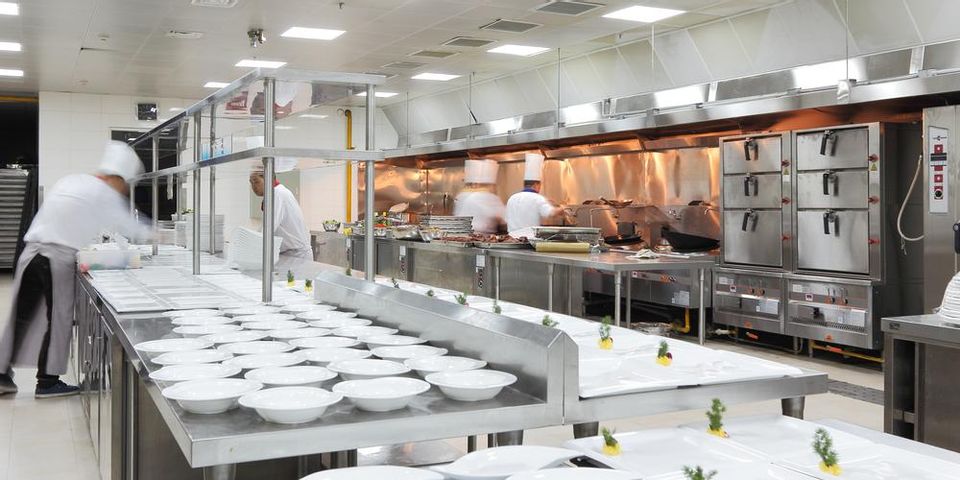4 Frequently Asked Questions About Grease Traps

Grease traps play an important role in helping restaurants maintain their kitchens. Without a functional trap, your septic system is at risk of suffering frequent repairs. The kitchen won’t be nearly as clean as it could otherwise be, either, which will impact the quality of a commercial facility. Here’s everything you need to know about the importance of grease traps.
4 FAQs About Grease Traps
1. What Do Grease Traps Do?
Grease traps are devices that allow only water to flow through and into the septic system. But other substances, including fats, oils, and grease — known as FOGs — are trapped in the device before they have a chance to enter the sewer line. The trap functions quite simply — as water flows through, FOG materials float to the surface and remain captured within the grease trap. You’ll know if you need one if your drains are constantly filled with gunk, if there’s a strong odor emanating from the sewer lines, and if you’re constantly calling plumbers for maintenance.
2. How Are They Maintained?
 Regular grease trap pumping is necessary to maintain the functionality of the device. This is particularly important in commercial kitchens, where it is used with frequency. In some cases, it may need weekly cleaning to prevent buildup from collecting and to minimize harsh odors. Larger grease traps may require less frequent cleaning, but they still need attention. It’s also smart to hire a septic system professional to perform annual service.
Regular grease trap pumping is necessary to maintain the functionality of the device. This is particularly important in commercial kitchens, where it is used with frequency. In some cases, it may need weekly cleaning to prevent buildup from collecting and to minimize harsh odors. Larger grease traps may require less frequent cleaning, but they still need attention. It’s also smart to hire a septic system professional to perform annual service.
3. What Happens If There Is No Trap?
Without a trap, FOG materials will ultimately settle deep within the sewer lines. That causes an immediate blockage, as greasy substances are too thick to flow through without disturbance. In serious cases, the clog may even lead to maintenance concerns in the general vicinity. A county inspection may trace the problem back to your facility’s septic system, which could result in extensive repair costs and ordinance fees.
4. Which Is the Best Trap for My Kitchen?
Different kitchen sizes demand different trap sizes. If you have a large culinary space, it’s important to install an equivalently large trap. You can also make your decision based on precisely how much FOG you dispose of regularly and how often you prepare meals. If your specialty is fried foods, for example, it’s important to fit a trap that meets your everyday needs.
5. Is Documentation Necessary?
Restaurants are required to promote documentation that states the grease trap has been cleaned during a specific time period. Counties may differ as to how much time they require, and it’s important to determine this to avoid unnecessary fines.
The team at J & J Septic & Sewer Cleaning is the leading source for expert grease trap pumping and septic system services in Waterloo, IL. Whether you operate a commercial facility or have a busy residential kitchen, it’s imperative to make sure the trap is clean for health and cleanliness reasons. Visit the company’s website to learn more about this and other services, including sewer maintenance and septic repair. You can also call (618) 939-3001.
About the Business
Have a question? Ask the experts!
Send your question

